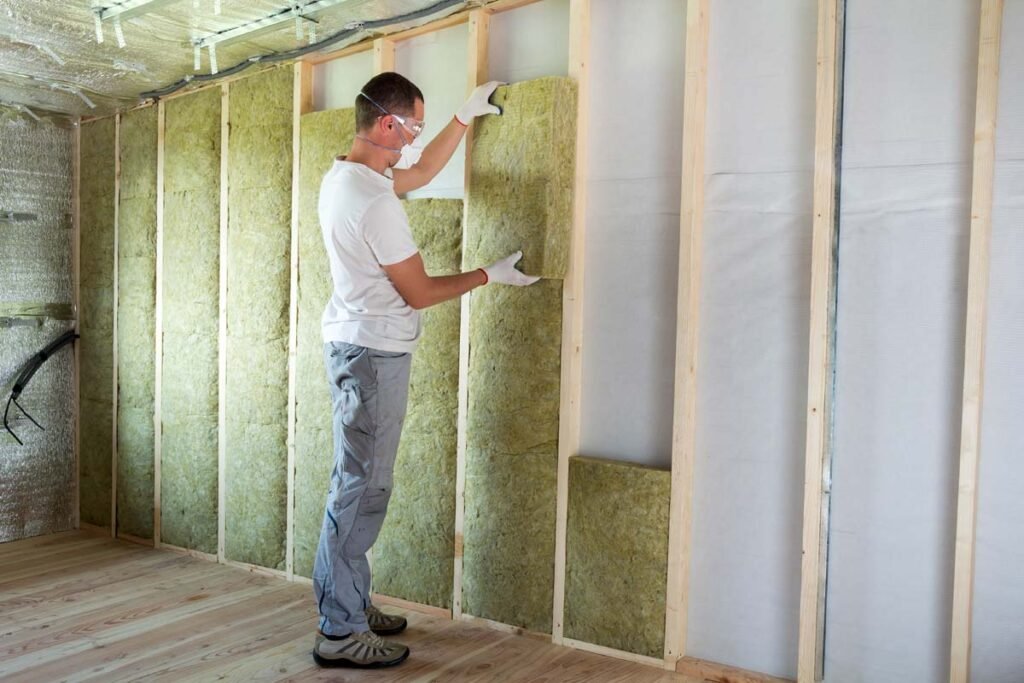Are Air Source Heat Pumps Worth It?
For homeowners, the real question isn’t whether ASHPs are “good” in theory — it’s whether they’ll work in your home, and whether the investment is worth the disruption.
Air Source Heat Pumps (ASHPs) are one of the main low-carbon technologies promoted to cut emissions and reduce reliance on fossil fuels. In principle, they’re smart: rather than burning gas or oil, they draw heat from the outside air and move it indoors. Installed well, they can run efficiently, match (and sometimes slightly improve on) your current heating costs, and help us collectively get to net zero.
But the reality is more complicated.
The promise vs the reality
ASHPs are often marketed as straightforward replacements for a gas or oil boiler. The truth is they work very differently.
They perform best in well-insulated homes with modern radiators or underfloor heating. If your house is draughty, has solid walls, or little loft insulation, an ASHP may struggle to keep you warm without significant (and costly) upgrades.
This doesn’t mean ASHPs are a bad idea — just that they aren’t right for every home without preparation.
Questions to ask before committing
- What’s the heat loss of my property?
This calculation underpins whether an ASHP can actually heat your home. Without it, performance estimates are unreliable. - Will my radiators and pipework cope?
ASHPs run at lower water temperatures than boilers. Small or old radiators may need replacing with larger ones. - Do I have space for a hot water cylinder?
Most ASHPs need one. If space is tight, this can be an obstacle. - Is my insulation up to scratch?
Loft, cavity wall and floor insulation all make ASHPs more effective and cheaper to run.
Risks vs Rewards of ASHPs
| Risks / Challenges | Rewards / Benefits |
|---|---|
| Upfront costs – Even with grants, upgrades like radiators and insulation can be expensive. | Greener heating – Big cut in carbon emissions versus gas or oil. |
| Disruption – Works can take days or weeks; expect upheaval if pipework or rads are changed. | Running costs – Can match or slightly improve on fuel bills if properly designed and installed. |
| Uncertainty – Poorly specified systems may underperform, leaving cold rooms or higher bills. | Ease of use – Once running, ASHPs are largely automatic and low maintenance. |
| Space needs – Outdoor unit + hot water cylinder required. | Future-proof – Aligns with net zero targets, shields from fossil fuel price volatility. |
| Fabric first – Without insulation upgrades, performance and comfort will suffer. | Safety & cleanliness – No combustion gases, no oil tank, no carbon monoxide risk. |
Always On
An important distinction with ASHPs is that they are designed to run continuously at a steady pace, rather than firing in bursts like a boiler.
This means:
- Radiators feel warm, not piping hot.
- The system ticks over in the background instead of blasting heat on demand.
- Savings are based on the total heat loss of your home, not just the times the system is “on.”
For some homes — especially older, less insulated ones — a hybrid solution (ASHP plus boiler) may be recommended for resilience and cost-effectiveness.
So, are ASHPs worth it?
If your home is well insulated, you’ve upgraded your radiators, and you’re prepared for some disruption, then yes: an ASHP can be worth it. It’s low-carbon, it’s future-proof, and with the right tariff and design it can match, or slightly improve on, your heating costs.
But if your home is older, poorly insulated, or you’re not ready for broader retrofit works, an ASHP may disappoint. In that case, starting with insulation — or considering a hybrid system — is likely the wiser move.
The bottom line
From a homeowner’s perspective, an ASHP isn’t a quick fix. It’s part of a wider journey to make your home warmer, cheaper to run, and fit for a net-zero future.
That’s why the best advice is simple: do your homework, get multiple quotes, and don’t be rushed.
ASHPs are worth it — but only when your home is ready.


